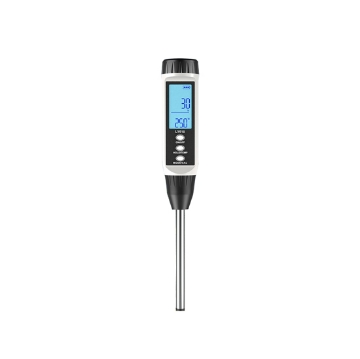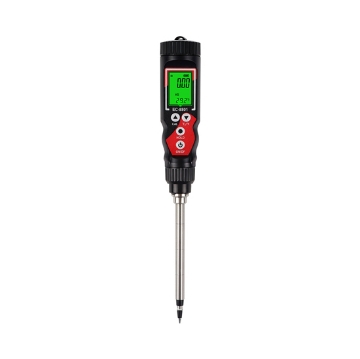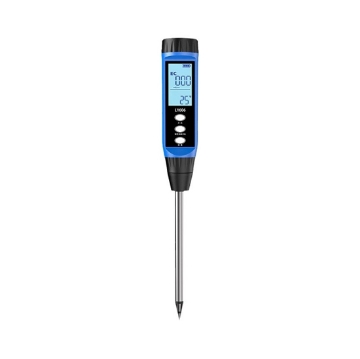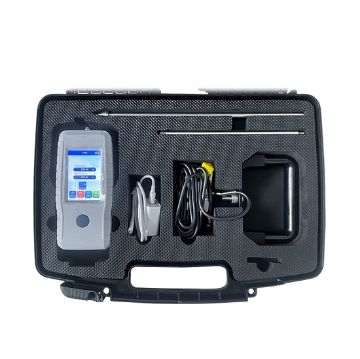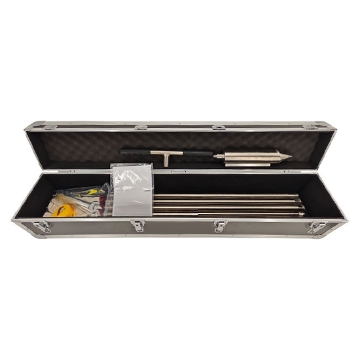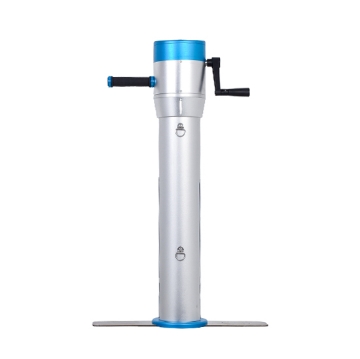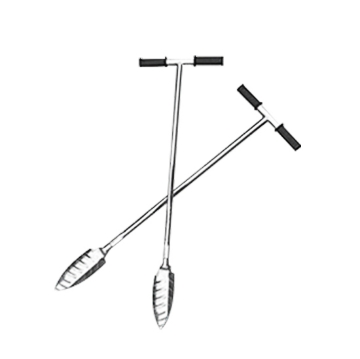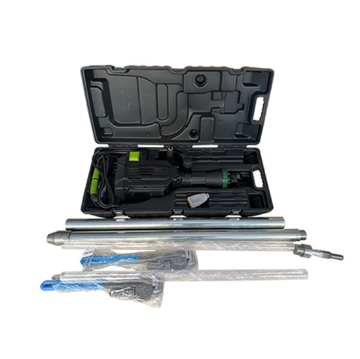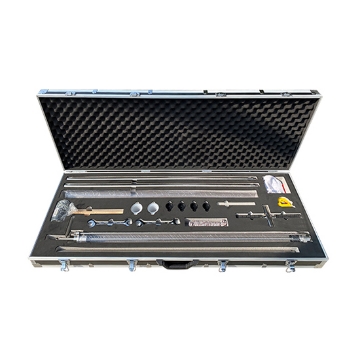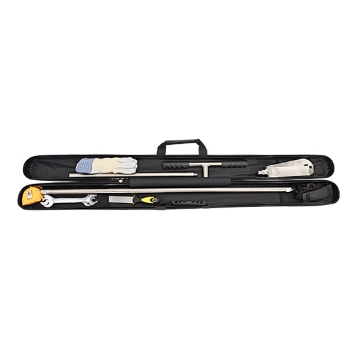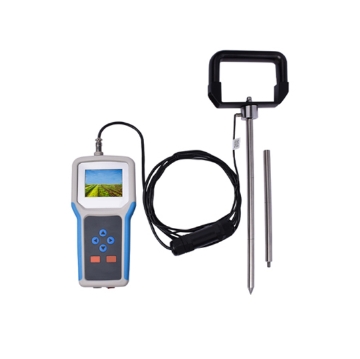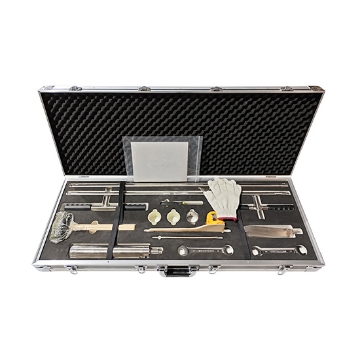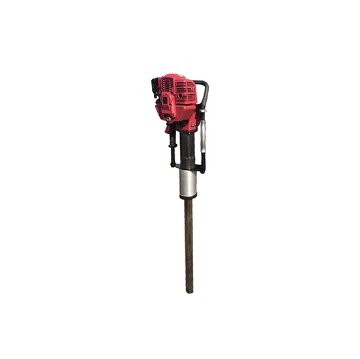Soil Testers
Digital Conductivity Meter for Soil Testing
Digital EC Tester for Soil
Digital Soil EC Meter with Direct Insertion Probe
Digital Waterproof Soil Conductivity Meter
Handheld Soil Compaction Tester
Soil Core Sampler Kit
Digital Soil Compaction Meter
Soil Auger Sampler With T Handle
Digital Compaction Meter for Soil Testing
Electric Soil Sampler Kit
Digital Penetrometer for Soil Testing
Piston Soil Sampler Kit
Soil Penetrometer Compaction Tester
Stainless Steel Core Soil Sampling Kit
Digital Soil Penetrometer Compaction Tester
Sampler Machine for Soil Heavy Metals Kit
Stainless Steel Soil Probe Dill
Soil Sampler for Solution Sampling
Soil Drilling Machine for Sampling
Soil testers are essential tools for analyzing various soil parameters such as pH level, moisture content, temperature, nutrient levels, and soil compaction. They are widely used in agriculture, horticulture, landscaping, and scientific research to evaluate soil health and optimize plant growth conditions. These SISCO testers help users make data-driven decisions regarding irrigation, fertilization, and planting schedules, contributing to higher yields and sustainable soil management.
Features
A soil tester is an instrument used to detect and analyze the physicochemical properties of soil, widely used in agriculture, horticulture, and scientific research. It can quickly measure soil moisture, pH, temperature, light intensity, and nutrient content, providing a scientific basis for crop growth. Modern soil testers are small, portable, and easy to operate; some models also have data storage and wireless transmission capabilities, allowing for real-time display and analysis of test results.
Working principle
The soil tester's working principle is mainly based on electrical, chemical, and optical measurement methods. Soil moisture is generally reflected by changes in resistance or capacitance; pH value is measured using an electrode method to detect the concentration of hydrogen ions in the soil solution; temperature is sensed by a thermistor or thermocouple; light intensity is detected by a photoelectric sensor; and conductivity and nutrient content are achieved through conductivity measurement or ion-selective electrode methods. The different sensing modules work together to enable the professional soil moisture meter to accurately reflect the overall state of the soil.
Functions
The main function of a digital soil tester is to help people understand soil conditions, guide rational irrigation, fertilization, and crop planting, and promote the scientific and precise development of agricultural production. In horticultural management, it helps determine whether soil is suitable for the growth of specific plants; in scientific research and environmental monitoring, it also provides reliable data support, making it an important tool for achieving smart agriculture and ecological protection.




